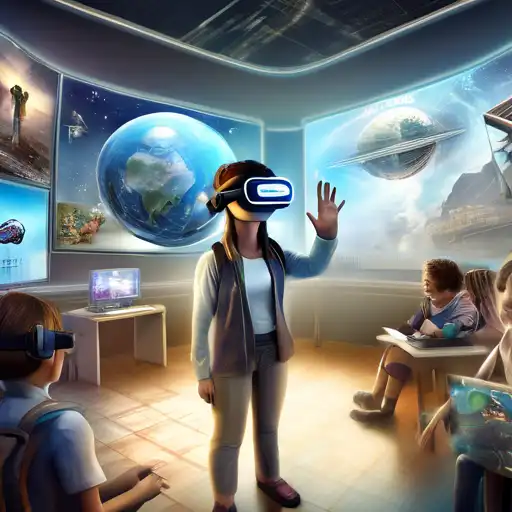Introduction to Virtual Reality in Education
Virtual Reality (VR) is rapidly transforming the educational landscape, offering immersive learning experiences that were once unimaginable. This technology is not just a tool for entertainment but a powerful educational instrument that can enhance understanding, retention, and engagement among students of all ages.
The Benefits of VR in Learning Environments
VR brings a host of advantages to the table, including but not limited to:
- Enhanced engagement through interactive and immersive experiences.
- Improved retention rates by simulating real-world scenarios.
- Accessibility to global classrooms, breaking geographical barriers.
- Safe environments for practicing high-risk skills, such as surgery or mechanical repairs.
Implementing VR in Schools and Universities
Adopting VR technology in educational institutions requires careful planning and consideration. Schools and universities must assess their infrastructure, train educators, and select appropriate VR content that aligns with their curriculum. Despite these challenges, the potential rewards make VR an investment worth considering.
Challenges and Considerations
While VR offers numerous benefits, there are hurdles to overcome, such as the cost of equipment, the need for technical support, and ensuring content is pedagogically sound. However, as technology advances and becomes more affordable, these challenges are gradually being addressed.
The Future of VR in Education
The future of VR in education is bright, with ongoing advancements making it more accessible and effective. As we continue to explore its potential, VR could become a standard tool in classrooms worldwide, revolutionizing how we teach and learn.
For more insights into innovative learning technologies, check out our articles on EdTech Trends and The Future of Learning.
Conclusion
Virtual Reality is setting the stage for a new era in education, offering unparalleled opportunities for immersive learning. By embracing VR, educators can provide students with experiences that enhance understanding, foster creativity, and prepare them for the challenges of the future.
